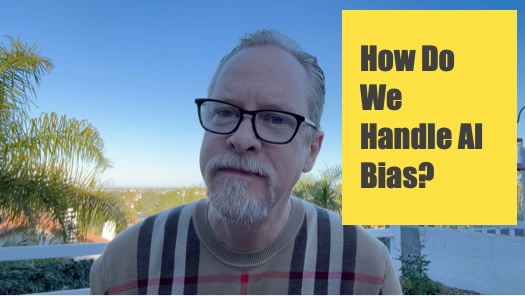
In this video, we explore the dual-edged nature of Artificial Intelligence in the educational sector. While AI offers unprecedented opportunities for learning and teaching, its biases and imperfections pose significant challenges. Educators have a pivotal role in ensuring AI is used responsibly and equitably, recognizing its limitations and actively working to correct them. Join us as we discuss how to navigate the complexities of AI in education, ensuring it enriches rather than limits students' learning experiences.
Transcript
Artificial intelligence is not flawless.
So what's our responsibility as educators when we know artificial intelligence won't always be right. And in fact, it can be biased. It can repeat some of our cultural stereotypes and biases, and we need to ensure that every single classroom teacher and every student knows they must be a wise consumer.
In fact, our role with AI is to make sure that it's correct and to be continuously using it as a tool for equity.
Unchecked, it has the potential to repeat some of those cultural stereotypes and biases and we don't want that. We don't want our students to feel like they have fewer options and fewer choices because a computer is not perfect. So what can we do? I think it starts with ensuring that we know it's not flawless. And that we need to check what it says, and that we need to do it multiple times, and our best computer engineers and scientists are working to remove that bias from artificial intelligence.
It's not flawless. It's not perfect, but it has so much potential.
Earn Continuing Education Units with Alludo & Fresno Pacific University
Earn Continuing Education Units from Fresno Pacific University!


